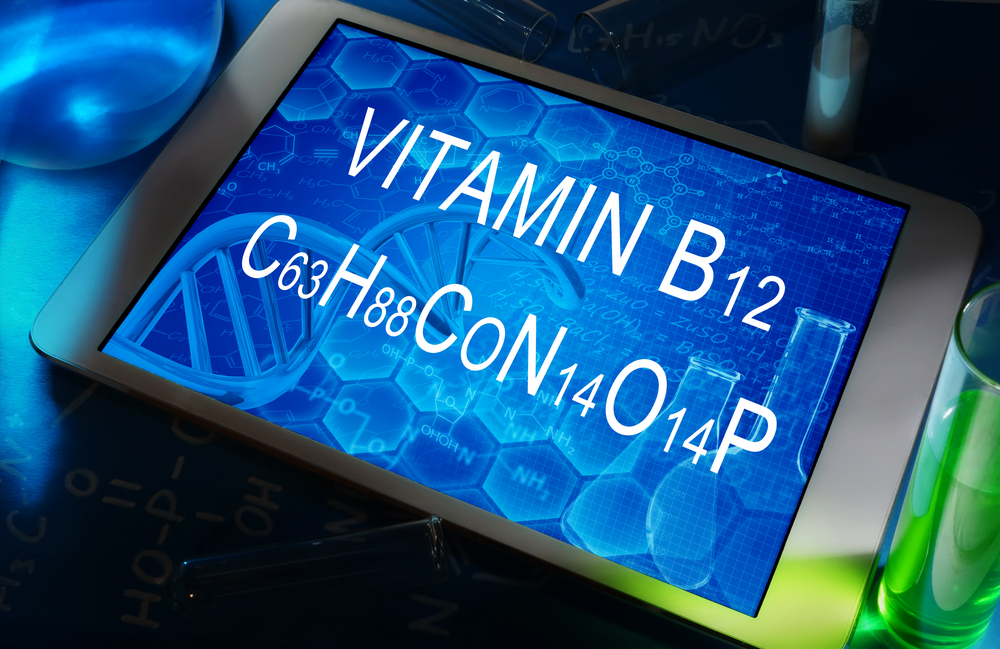Eisai Withdraws Application for Ultra-High Dose of Mecobalamin, a B12 Form, as ALS Treatment

Eisai announced it has withdrawn its new drug application for an ultra-high dose Mecobalamin as a treatment for amyotrophic lateral sclerosis (ALS) in Japan, and is reviewing its next steps in consultation with Japanese regulatory officials.
Mecobalamin is one of the co-enzyme forms of vitamin B12. As it is physiologically equivalent to B12, it has been used to treat and prevent conditions arising from the vitamin’s deficiency, such as anemia. The compounds are also known to improve neuropathic symptoms as a single or combined therapy with others B vitamins, and have been used in the treatment of peripheral neuropathies.
Eisai is investigating an ultra-high dose of mecobalamin (development code E0302), 50 to 100 times the approved dose, as a potential treatment for amyotrophic lateral sclerosis (ALS), a progressive neurodegenerative disease characterized by the accumulation of protein aggregates, or clumps, that affect the function of motor neurons. This loss of function leads to progressive muscle weakness and paralysis.
Officials with the Pharmaceuticals and Medical Devices Agency (PMDA) decided the application for mecobalamin as a treatment for ALS, submitted on May 27, 2015, was not sufficient for approval and the company subsequently withdrew it. Eisai said in a press release that it will “carefully reconsider the future development strategy for mecobalamin after consultation with the regulatory authority.”
Eisai, based in Japan, is focused on the discovery and development of drugs to treat three main therapeutic areas, integrative oncology, integrative neuroscience, and vascular/immunological reaction.
The ALS Association has announced the five winners of its Translational Research Advancing Therapy for ALS (TREAT ALS) grant awards, advancing research projects into improved treatments and, eventually, a cure for amyotrophic lateral sclerosis. There are two types of grants — TREAT ALS Drug Development Contract and ALS Association-Initiated — which total more than $1.95 million.
According to the organization, The TREAT ALS portfolio is a diverse collection of research projects focused on developing therapies, given the great need for more effective ALS treatments.






